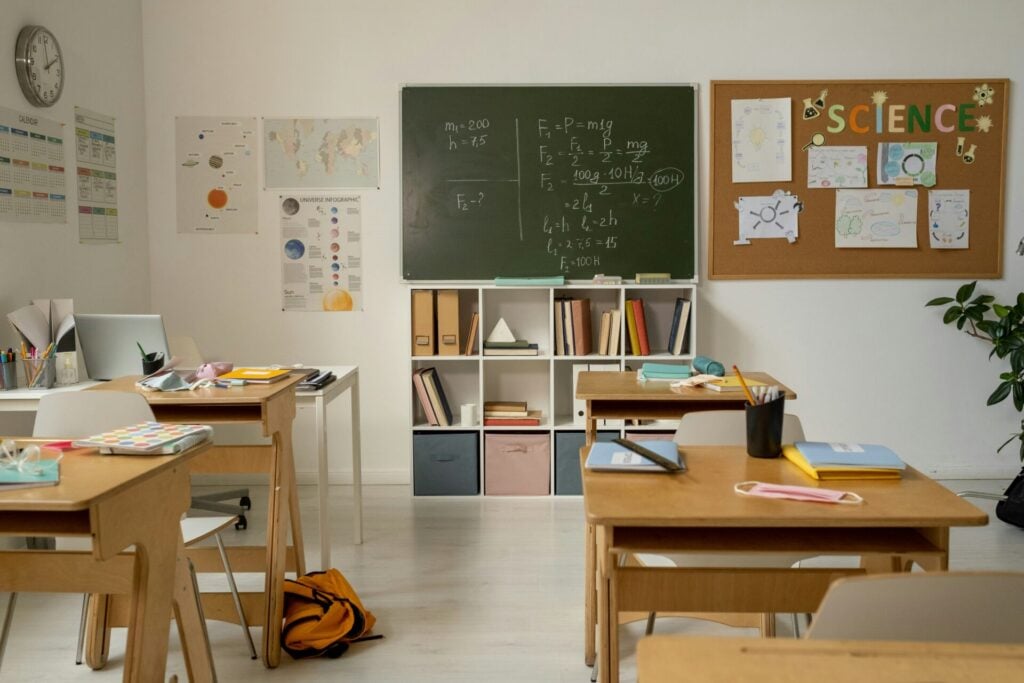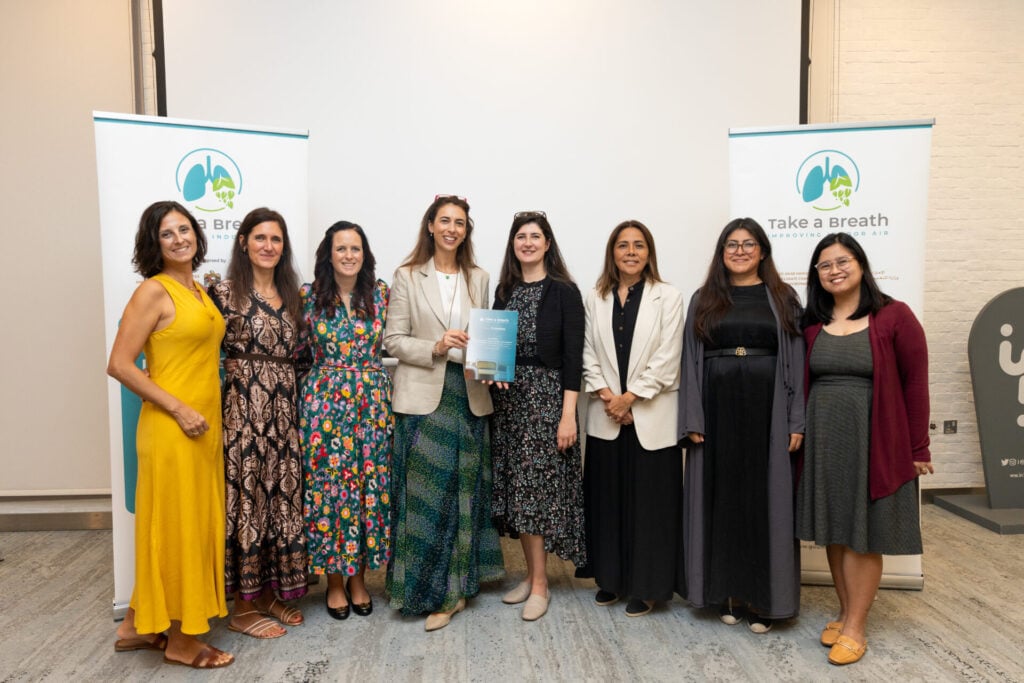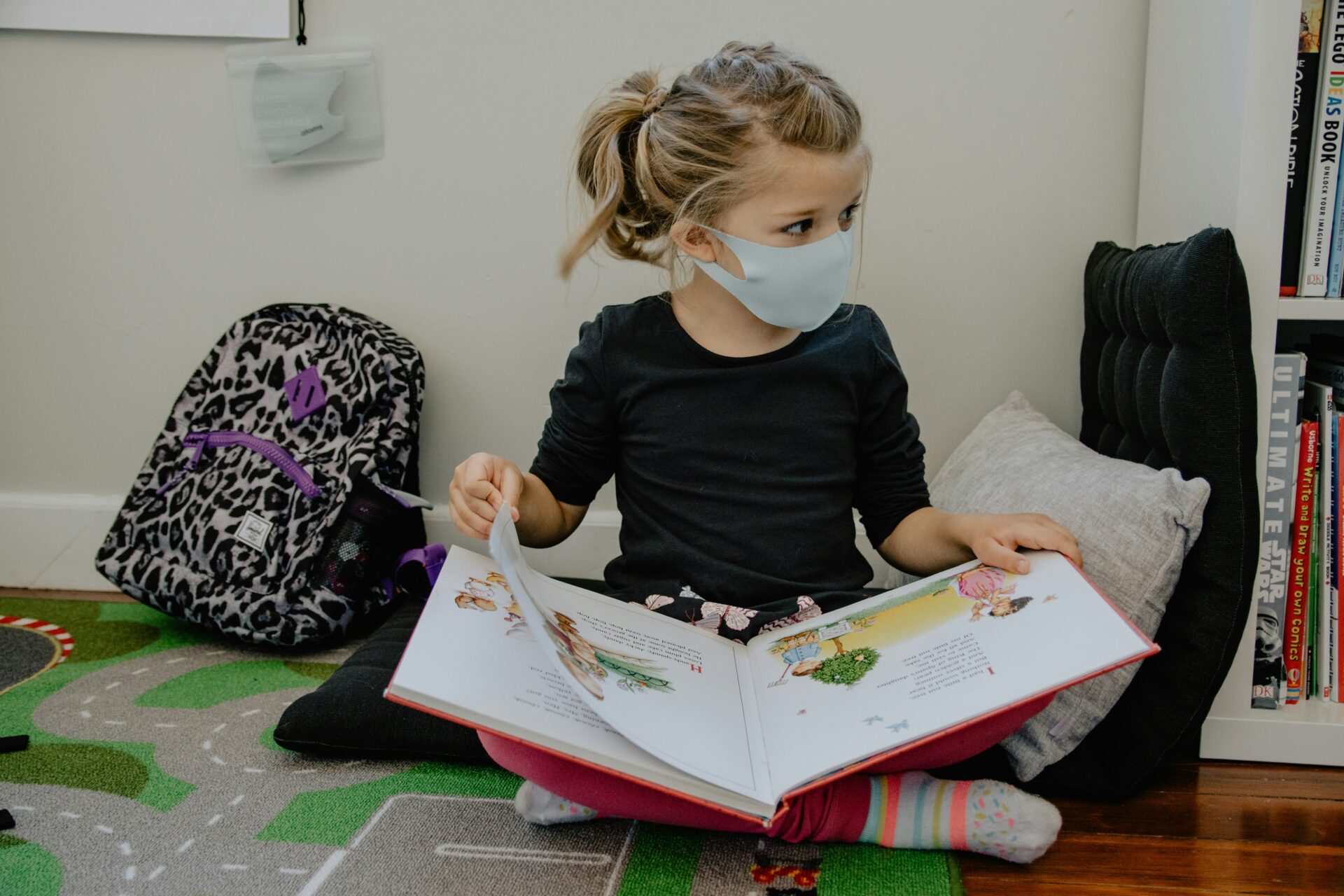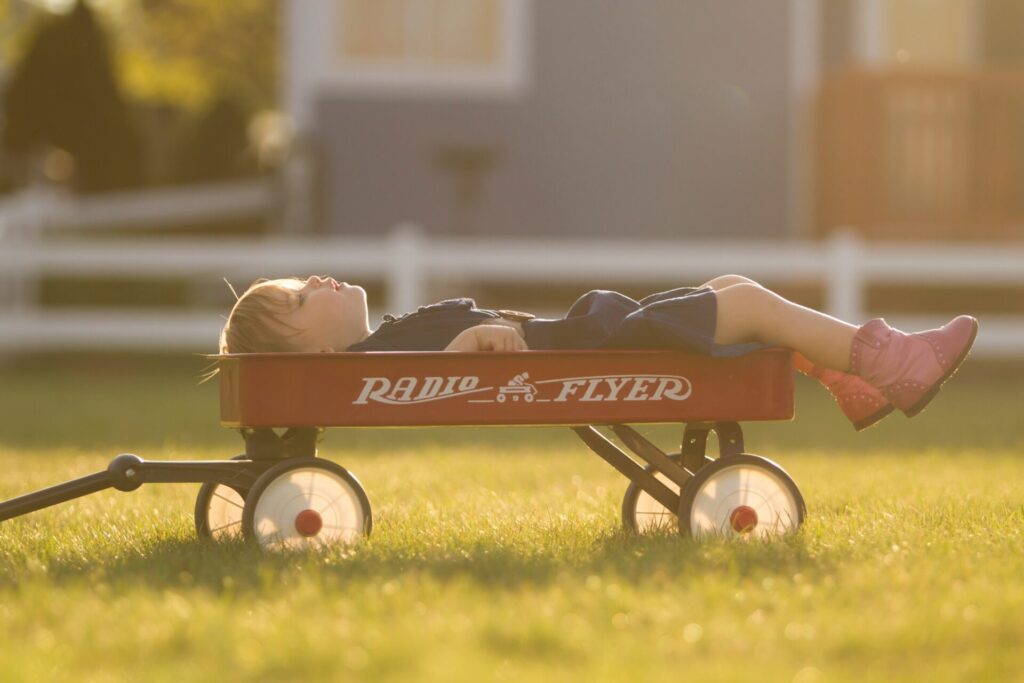Breathing easy in the classroom could be simpler than we think. A new UAE study has found that a few small changes, from plugging in an air purifier to swapping harsh cleaning sprays for eco-friendly ones, can transform the air children breathe every day and boost overall indoor air quality in schools.
The Take A Breath initiative, launched by sustainability platform Goumbook and backed by the UAE’s Ministry of Climate Change and Environment, monitored air quality across ten schools in Dubai and Sharjah. The results were striking, highlighting the urgency and the opportunity to improve children’s health through small, scalable actions.

The Take a Breath results were striking: air purifiers cut harmful fine particles (PM2.5) by 82 per cent, while switching to eco-friendly cleaning products reduced toxic volatile organic compounds (TVOCs) by 61 per cent. Specialist paints with formaldehyde-removing technology performed even better, achieving a 96 per cent reduction in TVOCs. Improved ventilation systems also had a significant impact, lowering carbon dioxide levels by 64 per cent in just one month.
‘Primary school children, in critical stages of cognitive and physical development, are especially vulnerable to indoor air pollution,’ says Tatiana Antonelli Abella, Founder of Goumbook. ‘Clean indoor air is vital for their health and long-term well-being.
‘Our school study focuses on primary classrooms, demonstrating how simple, effective solutions can enhance environments, protect those at risk, and build a culture of sustainability and health-conscious indoor environments among school students and staff.’

Indoor pollution is often overlooked, yet children spend most of their day inside classrooms. Poor air quality has been linked to respiratory illness, reduced concentration, and lower academic performance. By showing how quick, affordable changes can work, the UAE study offers a practical blueprint for schools and even for homes and workplaces.
The Take a Breath report was released ahead of the UN’s International Day of Clean Air for Blue Skies on September 7. UN Resident Coordinator Bérangère Böell called clean air ‘a fundamental human right, essential for health, productivity, sustainability, and climate action.’
As the UAE advances its National Air Quality Agenda 2031, the findings underline how improving air quality in schools is not just a health issue, but part of a larger push toward sustainable, liveable cities.
The short report, Improving Indoor Air Quality in schools in the Emirates of Dubai and Sharjah: Analysis of Primary Years Classrooms, Evaluation of Interventions and Recommendations, can be viewed here.









